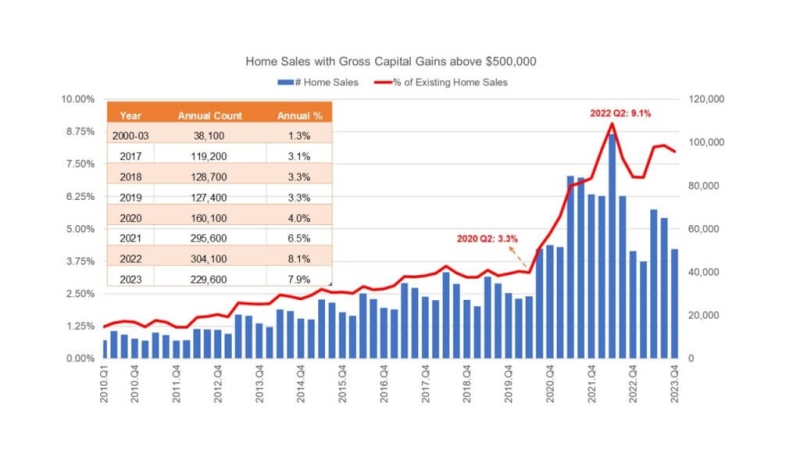Advertisement
Avoiding the spam monster
Forward on Reverse ... The Zero-Payment Home LoanAtare E. Agbamu, CRMSreverse mortgages, home equity, NRMLA
A number of the mortgage products that Mortgage Brokers sell
derive names from their built-in payment arrangements or inherent
featuresloans requiring the borrower to make 26 or 27 annual
half-payments are known as bi-weekly mortgages; home loans that
first call for small payments, which increase as time goes on, are
packaged as graduated payment mortgages; and if payment flows to
the borrower rather than the lender, theyre called reverse
mortgages. In other words, payments are central to mortgages. It is
not surprising, that when evaluating borrowers for mortgage loans,
brokers pay serious attention to payment history. Borrowers,
lenders and even investors worry over payments. For borrowers,
payments reduce present income and build equity for tomorrow; for
lenders, payment equates to portfolio performance; and for all
mortgage investors, prompt payment means prompt income.
Although mortgage loans designed to direct payment flows to
borrowers are called reverse mortgages, we can also call them
zero-payment home loans or mortgagesthe lender doesn't actually
make payments to the borrower (and vice-versa). Let us illustrate
this growing lending phenomenon.
Lets say that Bob Latestarter didnt buy his first house until
age 52. Having retired at age 68, there are 16 years worth of
payments left, competing for Mr. Latestarter's now fixed retirement
income of $2,000 a month. With $1,100 in mortgage payments a month,
Mr. Latestarter's net monthly income is $900, or 45 percent of his
retirement income.
Assuming Mr. Latestarter comes to you for some home equity
counsel, what would you advise him to do? For me, I would first
identify his problem: Income-gobbling mortgage payments. At his
age, the most sensible solution is to eliminate those mortgage
payments and restore his retirement buying power to its
pre-mortgage payment level, equivalent to increasing his monthly
income by 55 percent.
The tool that will solve Mr. Latestarter's cash problem is a
zero-payment home loan, a.k.a. a reverse mortgage. With 16 years
remaining on his forward mortgage obligations, he may not receive
payments from a reverse lender, but he can receive something of an
even higher immediate value: Elimination of his mortgage
payments.
In a sense, we are all in the mortgage payment business. When
the going is good, the economy is vibrant, and our incomes are
growing, payments usually present no significant problems. But in
times of economic peril, when we are older and are struggling on
fixed incomes, mortgage payments can become sources of enormous
stress.
It can be argued that a large portion of a reverse mortgages
value resides in its unique zero-payment feature, so instead of
selling unpopular payment schedules, how about we all begin hawking
zero payments?
Atare E. Agbamu, CRMS, is a reverse mortgage specialist and
director of training at Inver Grove Heights, Minn.-based Credo Mortgage. Atare's
reverse mortgage interviews have been webcast on Mortgage Mag
Live!, and he currently serves on the boards of Little
Brothers--Friends of the Elderly in the Twin Cities and nationally.
He can be reached by phone at (651) 389-1105 or e-mail [email protected].
About the author





